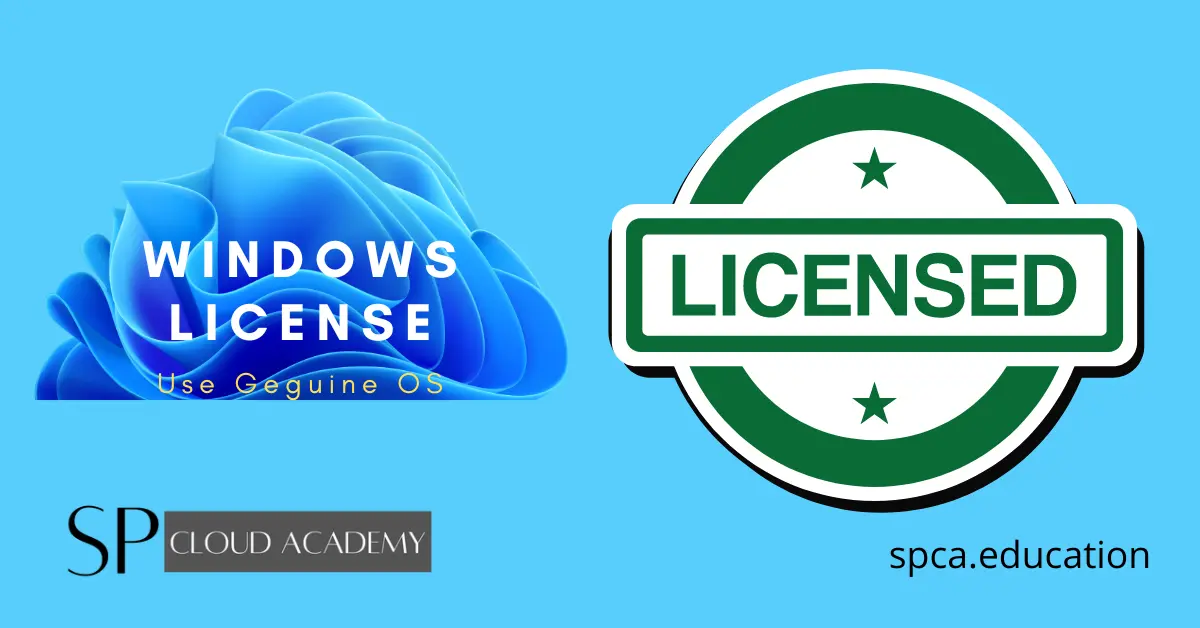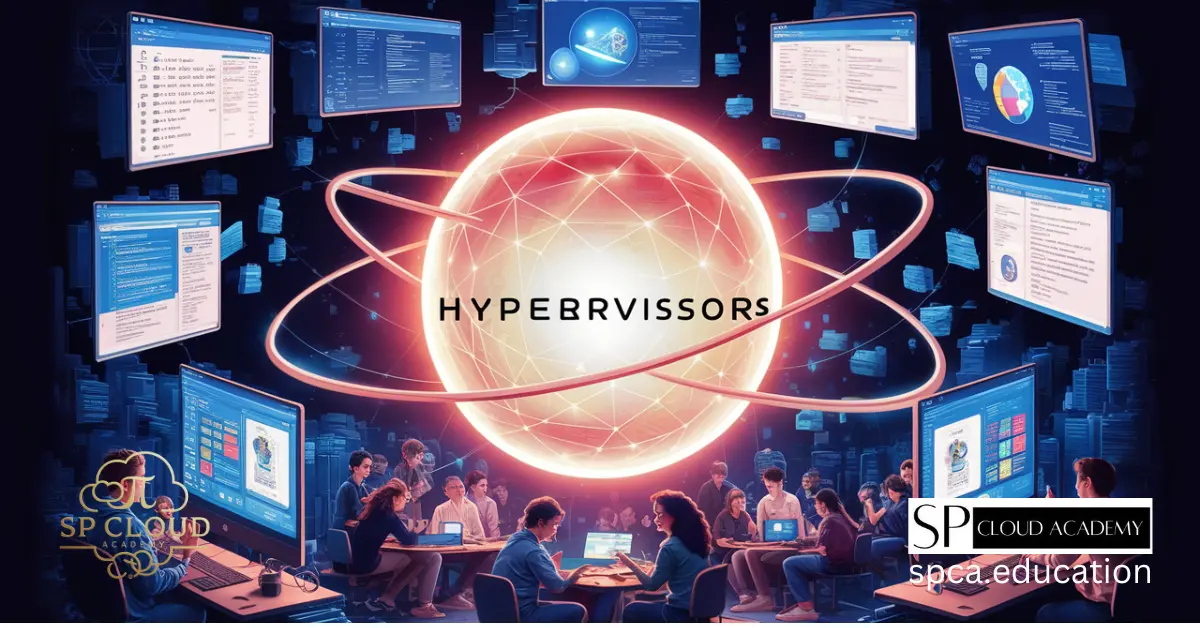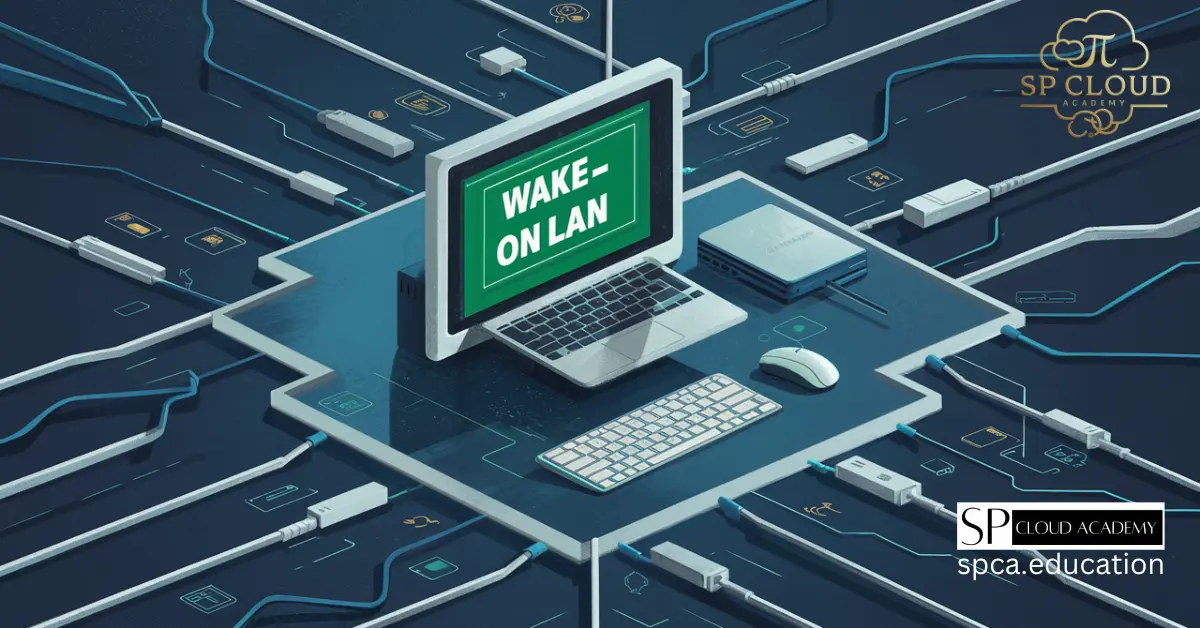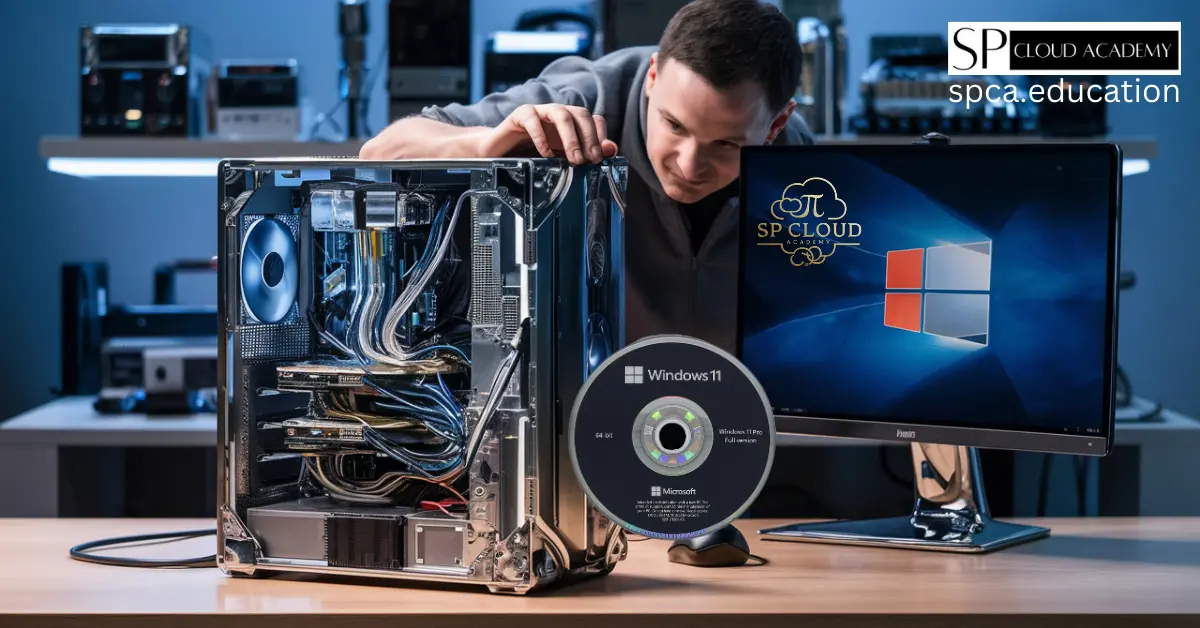Windows licensing refers to the legal and financial aspects of obtaining and using Microsoft Windows operating system software on your computers or devices. Windows is a widely used operating system developed by Microsoft, and proper licensing is essential to ensure compliance with legal requirements and to access the full range of features and support.
Three types of keys are provided in the Windows licensing process. These are Retail, OEM and Volume or Portal keys. Retail Keys are provided individually for personal use. Which can later be transferred to any other device. It is not hardware dependent. OEM key is hardware oriented. Which is largely governed by the business policies of computer manufacturing companies and Microsoft. Usually in case of brand PC we get OEM key. They can be installed/uninstalled as many times as desired only on that particular computer. Volume Key, on the other hand, is a multi-key collection system for various organizations including education, corporate institutions. Where other keys are assigned by a master key and managed through a portal dashboard. Any key can be assigned or reused on any computer.
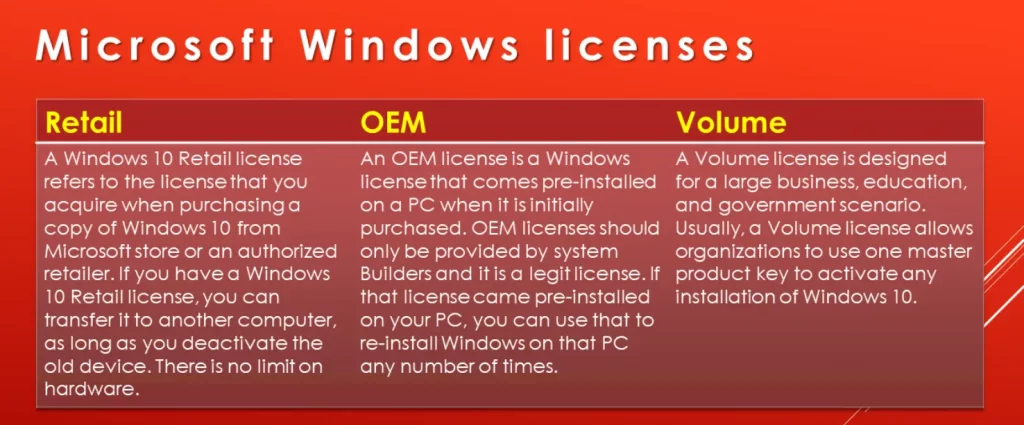
All the Windows keys that we use with cracking tools are essentially links to free testing keys stored on the Windows License Server. which are of varying duration, necessitating repeated cracking. By using them, it is not possible to get the benefits of using real Windows in any way. Learn more about Windows Licensing from the links below.
Microsoft Online Store: https://www.microsoft.com/en-il/store/home_mea
Bangladesh Partners: https://appsource.microsoft.com/…/market…/partner-dir…
Microsoft Licensing: https://www.microsoft.com/en-us/licensing/default
Volume Licensing Service Center: https://www.microsoft.com/Lice…/servicecenter/default.aspx
FAQs
Here are some frequently asked questions (FAQs) about Windows licensing:
1. What is a Windows license?
A Windows license is a legal agreement that grants you the right to use a specific version or edition of the Microsoft Windows operating system on your computer.
2. What are the different types of Windows licenses?
There are mainly three types of Windows licenses: Retail, OEM (Original Equipment Manufacturer), and Volume. Retail licenses are for individual consumers, OEM licenses come pre-installed on new computers, and Volume licenses are for businesses and organizations.
3. What is a product key?
A product key is a unique alphanumeric code that you enter during Windows installation to activate your license. It verifies the authenticity of your software.
4. Can I transfer my Windows license to a new computer?
Retail licenses can usually be transferred to a new computer, but OEM licenses are generally tied to the original hardware and may not be transferable.
5. How do I activate Windows?
After installing Windows, you need to activate it using the product key provided with your license. Activation can be done online or over the phone.
6. What happens if I don’t activate Windows?
If you don’t activate Windows, you’ll have limited access to some features and receive periodic reminders to activate. Eventually, your desktop background might turn black, and you might see a watermark indicating that Windows is not activated.
7. Can I use Windows without a license?
While you can technically use Windows without a license, it’s not recommended. Unactivated Windows has limitations and is not eligible for updates, which can compromise security and functionality.
8. Can I upgrade my version of Windows?
In many cases, you can upgrade from one edition of Windows to another (e.g., from Windows 10 Home to Windows 10 Pro). The availability of upgrades depends on the specific licensing terms and the version you’re upgrading from.
9. Can I use Windows in a virtual machine?
The licensing terms for using Windows in a virtual machine (VM) can vary. Some versions of Windows include virtualization rights, but it’s important to review the specific licensing terms for your edition.
10. How do I know if my Windows is genuine?
Genuine Windows copies are obtained through authorized sources. Look for a Certificate of Authenticity (COA) label on your computer or packaging, and ensure you have a valid product key.
11. Where can I buy a legitimate Windows license?
You can purchase legitimate Windows licenses from the official Microsoft Store, authorized retailers, and reputable online marketplaces.
12. What is the End User License Agreement (EULA)?
The EULA is a legal contract that outlines the terms and conditions under which you can use Windows. It’s important to read and understand the EULA before installing and using Windows.
13. What is a digital license?
A digital license (also known as a digital entitlement) is a method of activation that ties your Windows license to your Microsoft account or hardware configuration. It allows for easier reactivation after hardware changes.
14. How do I troubleshoot Windows activation issues?
If you encounter activation problems, you can use the built-in troubleshooter or contact Microsoft support for assistance.
